SIMATIC Essentials: The Reliable Simplicity of KTP400 Basic Q: In the vast SIMATIC HMI family, which model is the go-to choice for cost-sensitive applications that require robust, no-frills data visualization? A: The 6AV2123-2DB03-0AX0, a 4.3-inch SIMATIC HMI KTP400 Basic single-line display panel, stands out as the quintessential solution. Q: What makes this specific model, the 6AV2123-2DB03-0AX0, unique compared to its colorful siblings? A: Its core distinction lies in its high-contrast, blue STN display—a purposeful design that prioritizes clarity, reliability, and exceptional value over color graphics, making the 6AV2123-2DB03-0AX0 a stalwart in basic operator control tasks. Introducing the SIMATIC HMI KTP400 Basic Series Part of Siemens' globally recognized SIMATIC HMI portfolio, the KTP400 Basic series represents the entry point into professional industrial visualization. Designed for simplicity and durability, these compact 4.3-inch panels offer a direct and efficient interface between operator and machine. The series provides options to suit different needs, from the monochrome display of the 6AV2123-2DB03-0AX0 to color TFT variants, all within a unified engineering environment using TIA Portal with WinCC Basic. Known for their rugged construction, IP65 front-panel protection, and seamless integration with SIMATIC controllers like the S7-1200, this series is the backbone of straightforward automation visualization worldwide. When your application demands clear status indication, basic parameter setting, or simple fault diagnosis without the need for complex graphics, the 6AV2123-2DB03-0AX0 is precisely engineered for the task. Its focused functionality ensures operators get the essential information they need, with unmatched readability in typical industrial lighting conditions. Technical Specifications at a Glance The 6AV2123-2DB03-0AX0 is defined by a set of robust technical parameters that underscore its purpose-built design. Feature Specification for 6AV2123-2DB03-0AX0 Display Type Monochrome STN (Blue background, white pixels) Display Size 4.3 inches Resolution 480 x 272 pixels Touch Technology Analog Resistive Power Supply 24 V DC (20.4 - 28.8 V) Communication PROFINET / PROFIBUS (via separate communication module) Front Protection IP65 (dust-tight, protected against water jets) Dimensions (W x H x D) 165 x 117 x 47 mm Programming Software TIA Portal with WinCC Basic / STEP 7 Basic . The Enduring Importance of 6AV2123-2DB03-0AX0 Unmatched Cost-Effectiveness for Core Functions: For applications where displaying text, numbers, and simple symbols is sufficient, the 6AV2123-2DB03-0AX0 delivers all necessary functionality at a significantly lower total cost of ownership than color panels, maximizing project ROI. Superior Readability and Reliability: The high-contrast blue STN screen offers exceptional clarity in various lighting conditions without backlight bleed or color degradation issues. Its simpler di...
Read More Trust Guaranteed
Trust Guaranteed Customer Support
Customer Support


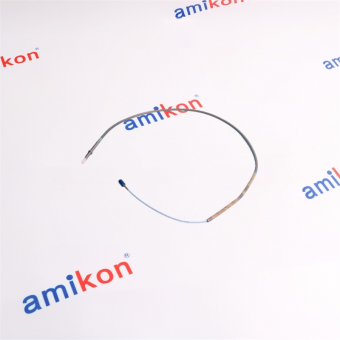
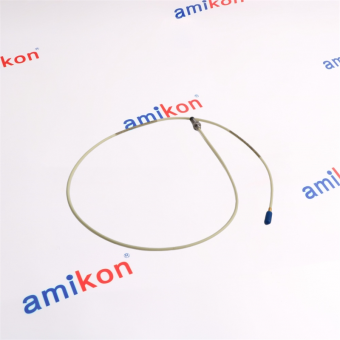
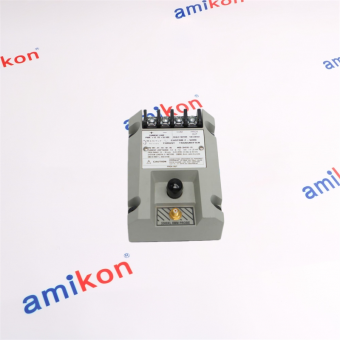

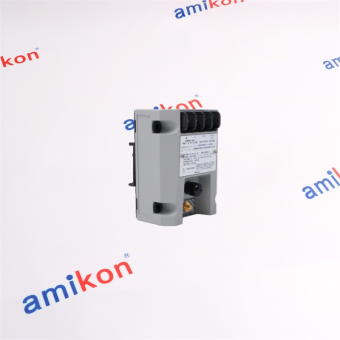
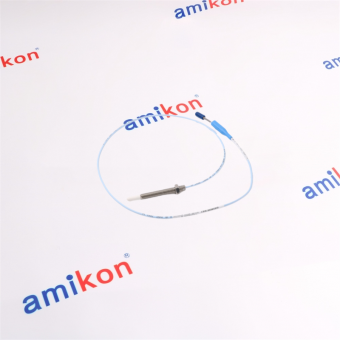
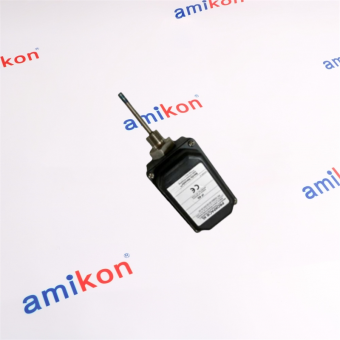

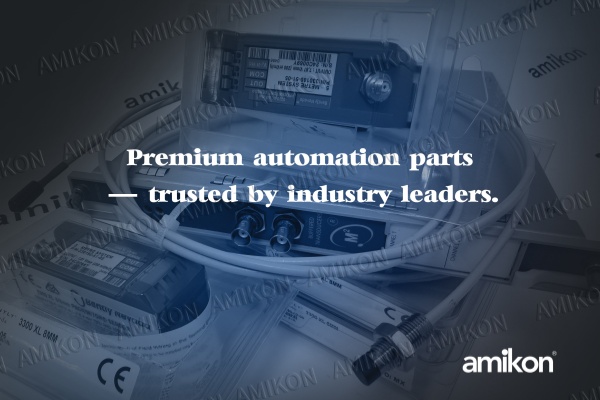
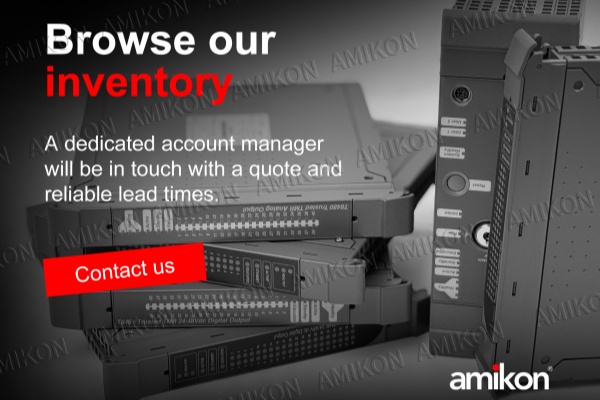
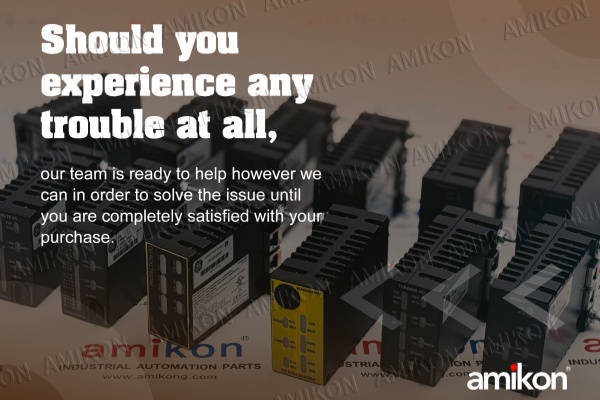
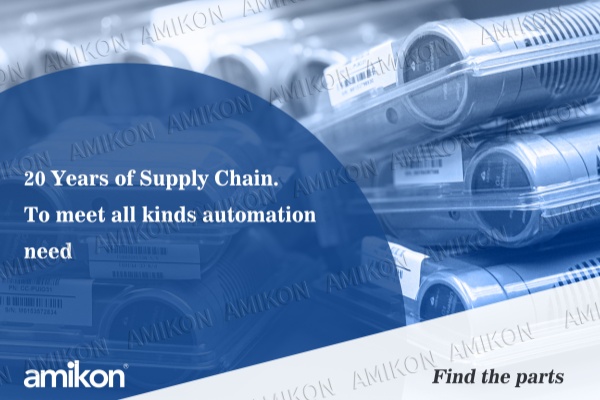
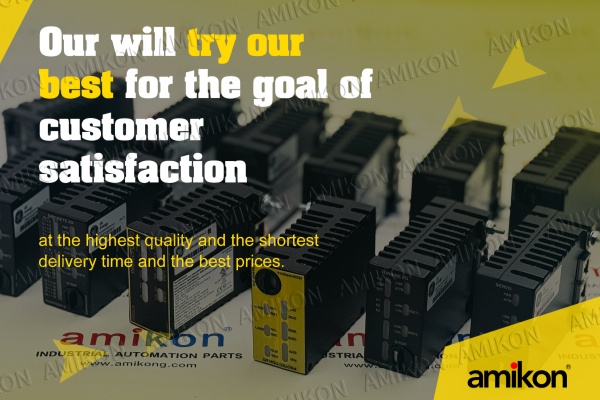
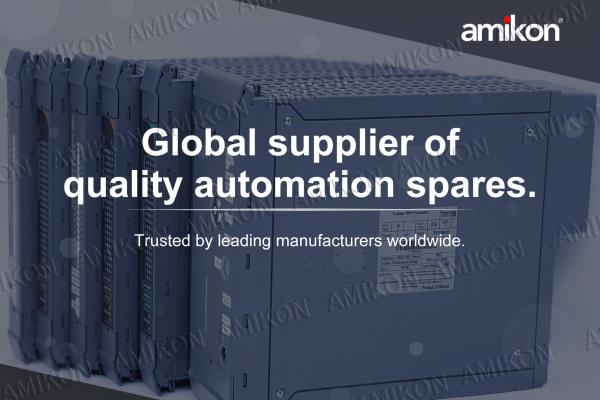


 IPv6 network supported
IPv6 network supported




